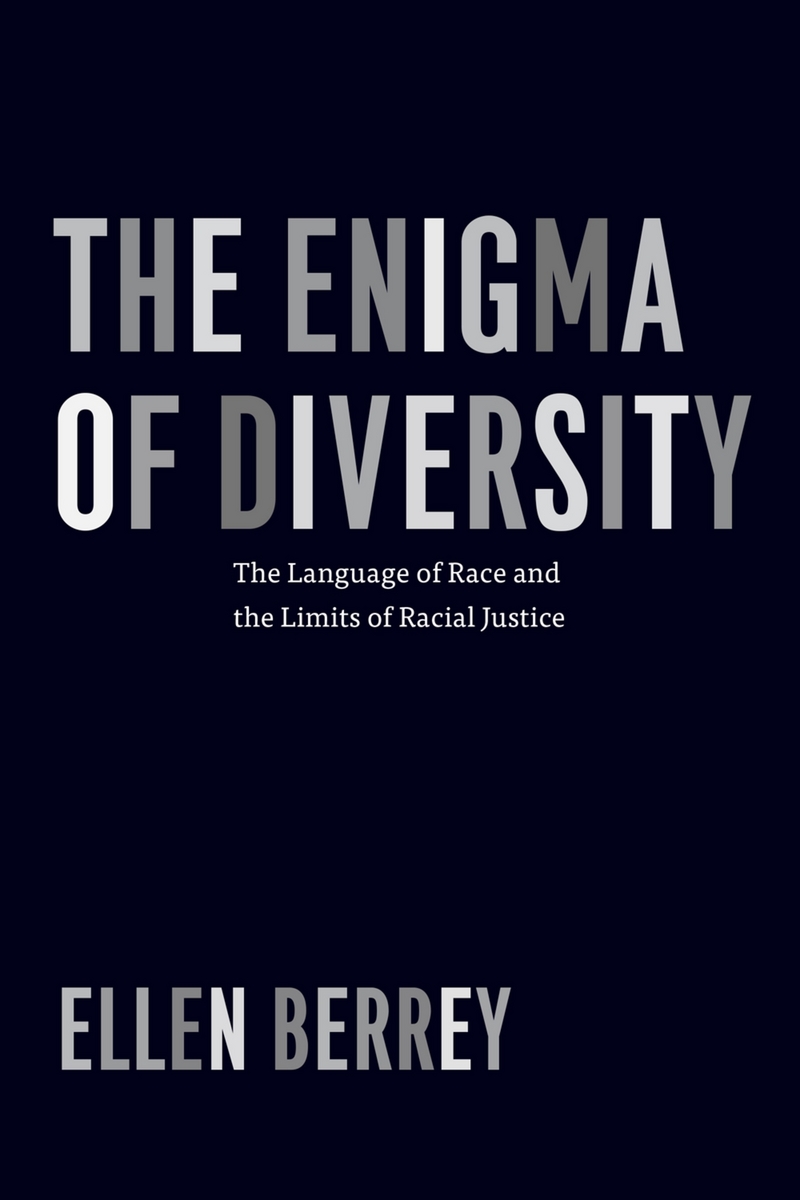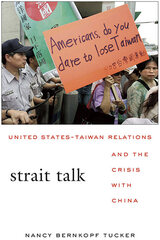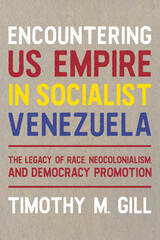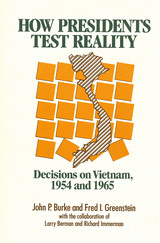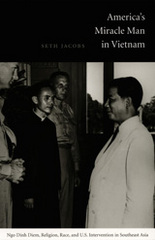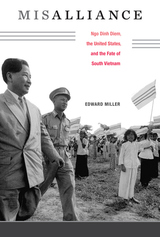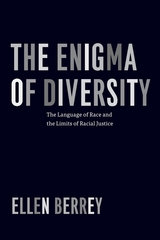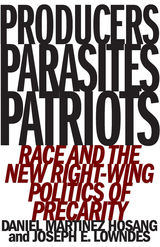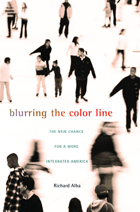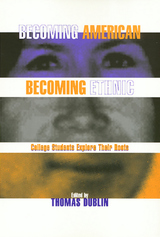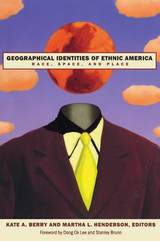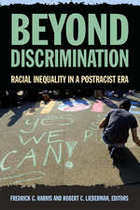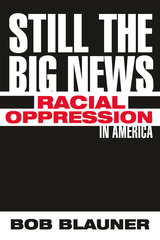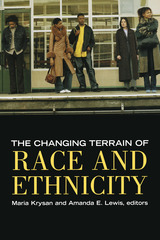“Drawing on the extensive case analyses, and embedding herself in core theoretical questions surrounding culture, power and diversity, Berrey provides an important snapshot of historical and contemporary claims-making about inequality and institutional practices in higher education, housing and work. Fascinating and important in these regards is Berrey's simultaneous attention to the hopes but also pitfalls of current diversity efforts—efforts that are forged in an arena of definitional ambiguity, sometimes clarified through the courts, and filtered through popular and media perceptions. This is a must read for culture, diversity and organizational scholars, as well for practitioners and those with specific interests in education, work, housing and inequality.”
— Vincent Roscigno, Ohio State University
“This is a wonderful book. It makes important contributions to cultural analysis, organizational change, social movements, and race and ethnic relations. The in-depth, insightful, balanced, and theoretically grounded ethnography of the corporation is especially valuable. Berrey’s close-up examination of how it looks on the ground, and the variety of cross-pressures affecting the implementation of these policies, is worth the price of the book alone. Berrey writes as a sympathetic observer, with an agenda of understanding, rather than as an advocate of diversity policies or a close-minded critic.”
— John Skrentny, University of California-San Diego
"In this important book Berrey shows how the demands for inclusion of the racially oppressed during the Civil Rights Era were translated in universities, communities, and corporations into practices to keep the powerful in control. Berrey has deconstructed the symbolic politics of diversity and helped us understand the fundamental importance of substantive rather than formal diversity."
— Eduardo Bonilla-Silva, Duke University
“While others have bemoaned the conceptual shortcomings of diversity talk in universities and the workplace, Berrey makes a remarkable contribution in providing a series of stunning empirical examples of precisely how and why this rhetoric—with all of its good intentions—can limit substantive pursuits of equality, reaffirm status quo market orderings, and further entrench racial hierarchies. This insightful study cautions readers to think twice before uncritically embracing the language and politics of diversity and offers a much needed empirical basis for shifting the discourse of equality from the thin individualist aesthetics of identity distribution to much more robust group-oriented pursuits of justice, accountability, and inclusion.”
— Osagie K. Obasogie, University of California-Hastings
“From the language of Supreme Court opinions to conversations held in private and public, we have disconnected the idea of ‘diversity’ from our nation’s history of slavery and racial discrimination and obscured its profound importance to American society. In her in-depth study, Berrey explains the urgency of rejecting this distortion. Her investigation of the term, who employs it, and to what end underscores the need for uninhibited discourse about racial hierarchies and inequality. Berrey adds a vibrant, vital, and incisive voice to the discussion.”
— Lee C. Bollinger, President, Columbia University
“The Enigma of Diversity’s most important contribution is to carefully trace the symbolic politics of racial progress produced by specific decisions made in organizational settings in higher education, urban development and the corporate world. Berrey’s keen eye dissects how various meanings of diversity offered by competing actors have led to the current racial order. Her compelling analysis sheds new light on processes of transformation of group boundaries, the destigmatization of African-Americans, and the limits of the diversity paradigm for a genuine transformation of racial inequality in American society. Her book is an important addition to the literature on the production of racial and class inequality.”
— Michèle Lamont, Harvard University
“An impressive achievement.”
— Public Books
“Berrey suggests a method of considering diversity that diverges considerably from the paradigm adopted by the authors of public policy, positioning ‘diversity’ as a broader concern than has been previously defined. . . . Berrey teases out themes of neoliberalism as a paradigm and color blindness as a policy and argues that comparing color blindness with the real objectives of diversity clearly shows the ‘symbolic politics of racial progress.’ Recommended.”
— Choice
“The Enigma of Diversity is a strong contribution to the literature on diversity, providing a complex and nuanced view of how the language of diversity functions in different areas. . . . Berrey has pushed the diversity conversation forward substantially and identified areas from which future researchers can build toward a fuller understanding of the enigma of diversity.”
— Sociology of Race and Ethnicity
“The Enigma of Diversity is a major contribution to the study of race. Berrey’s multicase design compellingly demonstrates how deeply the language of diversity has permeated racial politics and the significant consequences this has had. The book will shape future debates about racial inequality in education, employment, and housing. It will also encourage further scholarship on the diversity discourse, as well as the role of language and discourse in racial politics more broadly. Any scholar working on these issues will want to read this book.”
— American Journal of Sociology
“In The Enigma of Diversity, Berrey looks beyond diversity rhetoric that offers illusions of openness and progress to the actual practices that organizations use to demonstrate their commitments to diversity. . . . She convincingly argues that it is important to interrogate the causes and consequences of this valorization of diversity by focusing on the organizational practices that have largely escaped scrutiny. Berrey invites more nuanced discussions that focus on the relationship between diversity and the actual distribution of access and opportunity to mobility-enhancing resources.”
— Harvard Educational Review
“Berrey’s is a crucial study of the way that expressions of multiculturalism and demonstrations of inclusivity have supplanted attention to organizational practices and cultures that are tied to ongoing inequality. The book examines the American orientation to diversity in a college, a company, and a neighborhood.”
— Multiculturalism
"Smart and subtle."
— Kelefa Sanneh, New Yorker
2016 Winner
— Law & Society Association, Herbert Jacob Book Prize
2016 Winner
— American Sociological Association, Distinguished Book Prize, Sociology of Law section
2016 Honorable Mention
— American Sociological Association, Mary Douglas Book Prize, Sociology of Culture Section
Exemplary Law Book of 2015
— Green Bag Almanac and Reader
"Ellen Berrey presents a comprehensive and insightful analysis of the rhetorical and doctrinal limits of diversity. The aspirational features of diversity, particularly inclusion, are laudable goals for any societal institution, but diversity never really eradicates racial hierarchies or the permanence of structural inequality. . . . . Berrey’s work is a valuable addition to the literature for political scientists, sociologists, and constitutional law scholars."
— Green Bag Almanac & Reader
"Berrey deftly demonstrates how contemporary definitions of diversity have resulted in civil rights-era claims for racial justice being replaced with despairing, tokenistic institutional practices that invest more in diversity as symbol than as a meaningful catalyst for creating greater inclusion. . . . In a macro sense, Berrey has perhaps produced a quintessential exploration of the counterintuitive effects that may result when fluid ideological meanings combine with brittle organizational practice. More narrowly, her insightful observations across time, location, and context have uncovered how malleable, 'feel good' definitions of diversity become the apparatus for frustrating opportunities for real racial progress."
— Law & Society Review
